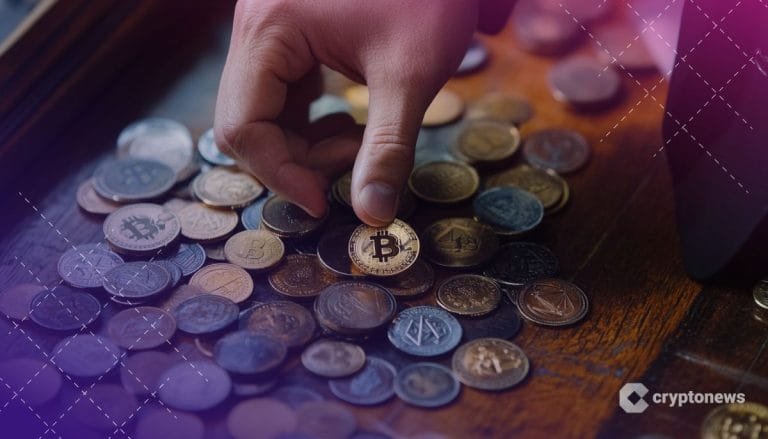Last updated:
 Why Trust Cryptonews
Why Trust Cryptonews

Mt. Gox, the defunct Japanese crypto exchange, has extended the deadline for its creditor repayment schedule to October 31, 2025, following a court decision on October 10, 2024.
This new timeline, which is a year later than originally planned, has sparked optimism in the crypto market by alleviating concerns over a near-term selloff in Bitcoin.
Why Mt. Gox Repayment Was Extended
Nobuaki Kobayashi, Mt. Gox’s Rehabilitation Trustee, explained that the extension was necessary to allow all creditors time to complete the required procedures.
Since the repayment process began in July, many creditors encountered obstacles, prompting the need for additional time.
Kobayashi emphasized the need to make repayments “to the extent reasonably practicable,” leading to the court-approved deadline extension.
Despite the delay, Mt. Gox has already completed repayments to creditors who faced no issues during the process.
Approximately 21,000 creditors have received Bitcoin (BTC) and Bitcoin Cash (BCH) through platforms like Kraken, Bitstamp, and BitGo.
Once one of the largest Bitcoin exchanges, Mt. Gox collapsed in 2014 after a hack that led to the loss of 950,000 BTC, a sum valued at over $58 billion today.
The exchange has faced numerous legal and financial challenges in its efforts to compensate creditors, with this deadline extension marking the latest development in the long-running process.
Mt. Gox Repayment: Market Reaction and Selloff Concerns
The extended repayment deadline has eased fears of a massive selloff in the cryptocurrency market.
Blockchain data reveals that Mt. Gox wallets currently hold 44,900 BTC, valued at around $2.75 billion.
Earlier this year, Mt. Gox transferred 13,265 BTC (worth $782 million) to an unknown wallet and 1,265 BTC to an internal wallet, likely in preparation for the repayment process.
These moves helped calm market anxieties in the short term, but the market remains cautious as the new 2025 repayment deadline approaches.
While the delay provides temporary relief, the market will likely remain cautious as the new repayment deadline approaches in 2025.




